As Putin sends troops into Ukraine and the two neighbours go to war, what does this mean to those Russians and Ukrainians living in Cardiff?
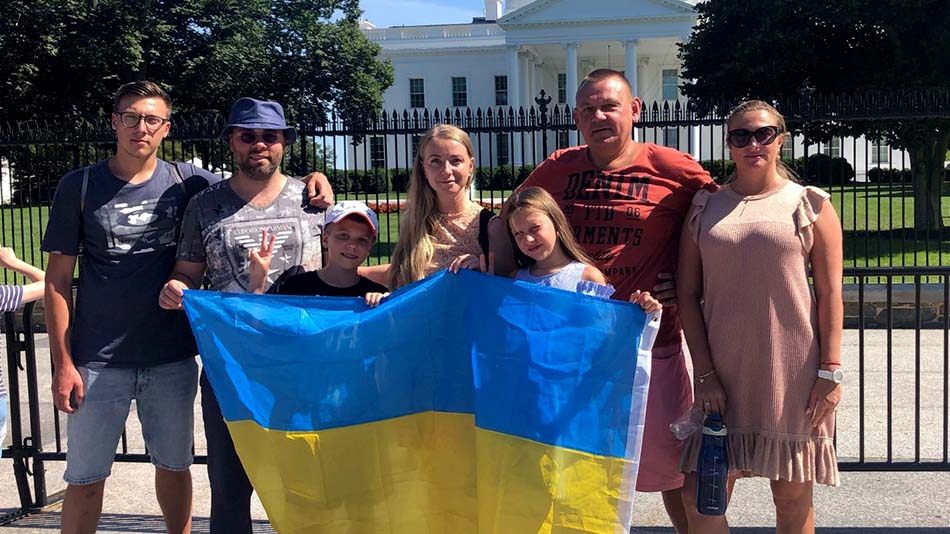
Dmytro is on edge. From Cardiff he can feel the tension in his native Ukraine. He is animated, passionate and bewildered when considering the possibility of war with neighbouring Russia. Despite observing in the safety of the UK, the tension weighed heavily on him, “my motivation is decreasing all the time, and sitting home, not sleeping well, [I] cannot go to bed everyday normally,” he goes on “a lot of the time I spend either depressed or researching or basically something involving Ukraine.”
The Ukrainian government has been fighting Russian backed separatists in the east of the country since 2014. With this in mind and in the face of war with Russia, Dmytro Marych, a data science masters student at Cardiff University says, “We don’t want people dying, they’ve been dying there for such a long time.” he says. “We don’t want the war. In 2022 to have the war is stupid, as of now he’s [Putin] trying to find a pretext, to invade Ukraine.”
Now the war has started, and the world looks anxiously on as Russian troops poured over the borders, instigating the long-suspected invasion of Ukraine. No one is more anxious than Russian and Ukrainian citizens, some of whom live in Cardiff.
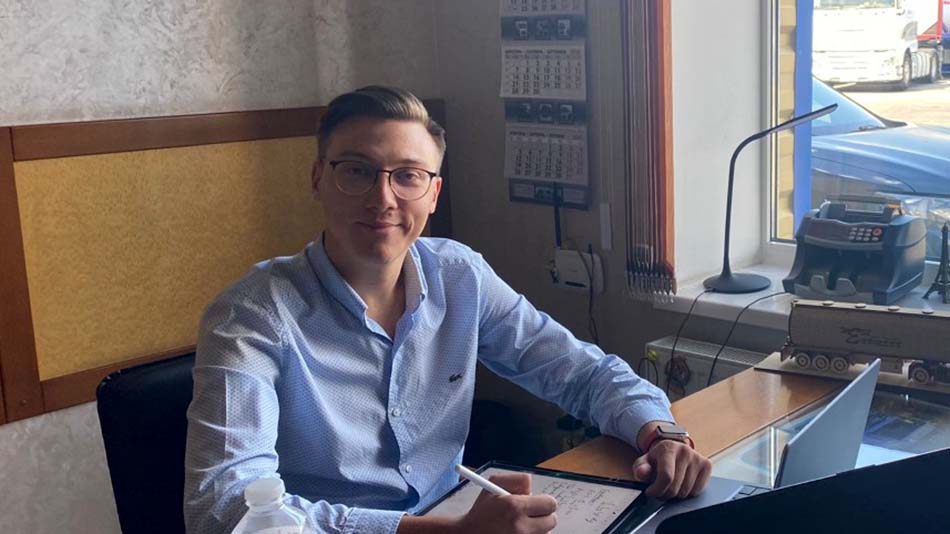
The crisis is as close to Dmytro’s heart as can be, with his parents and younger sister ready to leave the country. His cousin has been standing guard on the frontline as a Ukrainian army sniper, awaiting the Russian military advance that has spread through the country over the last two days.
“Family is doing okay, nobody is panicking. We’re going to defend the territory, as we can.” He goes on to talk about the pressures on his loved ones less than 48 hours before the invasion. “Normally, when I talk to my dad, it’s all positive. We laugh, we can talk for hours. Today, I called him and he said, “Sorry, I have no time… I have to solve a lot of problems right now.”
The war has been building since November 2021, after satellite images showed Russian military movement along the border with Ukraine. Diplomatic talks failed to ease tensions which have now led to open fighting in airports and streets across Ukraine. The UK is among those countries that have promised sanctions on Putin’s Russia.
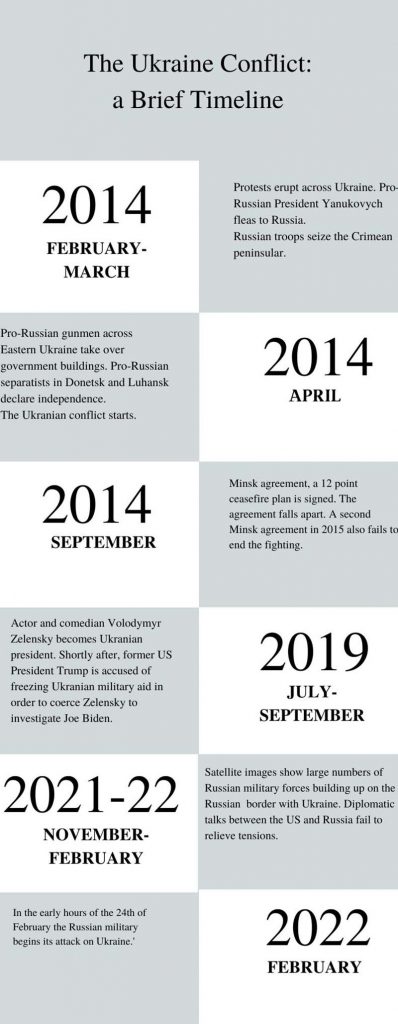
Dmytro can only watch on from abroad. This is not his first trip to the UK. He studied here for a year before spending six years in the States. He talks about his Russian friends fondly, and he believes that war does not get in the way of the Ukranian-Russian bond. Talking about whether the crisis would change anything, he said, “Nothing, absolutely nothing. We are brothers.”
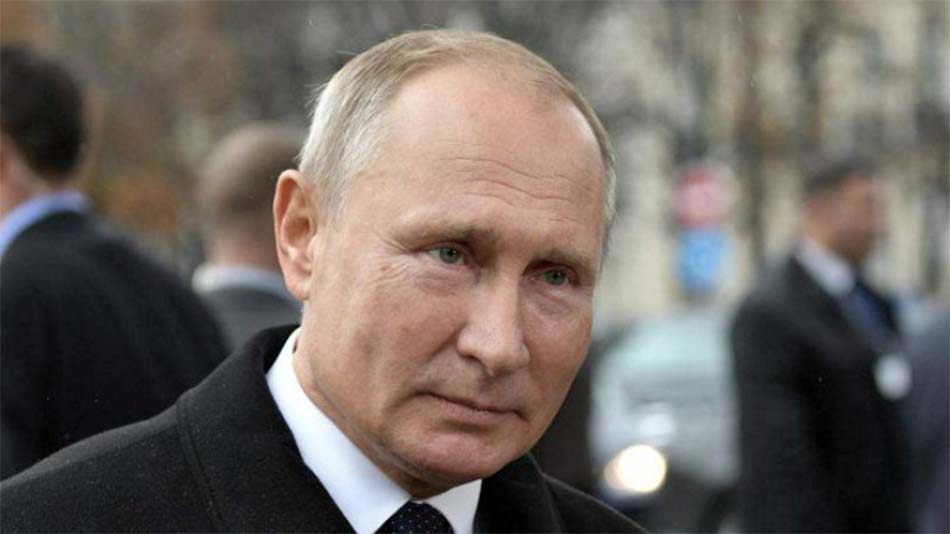
Ukraine and Russia share a close bond as well as a border. Their extensive and intertwined history only adds to their mutual Slavic culture. Although Ukraine has its own language, many of its citizens also speak Russian.
Cardiff University PhD student, Roman, lived in Russia until the age of six until he moved to Cyprus with his mother. He said, “I find to connect with Slavic people, from the eastern European bloc, much easier. It does sadden me that this Russian-Ukrainian conflict is happening.”
Roman, by his own admission, has lost touch with his Russian roots and because he lives in the UK, he believes that the crisis does not have as deep an emotional impact on him.
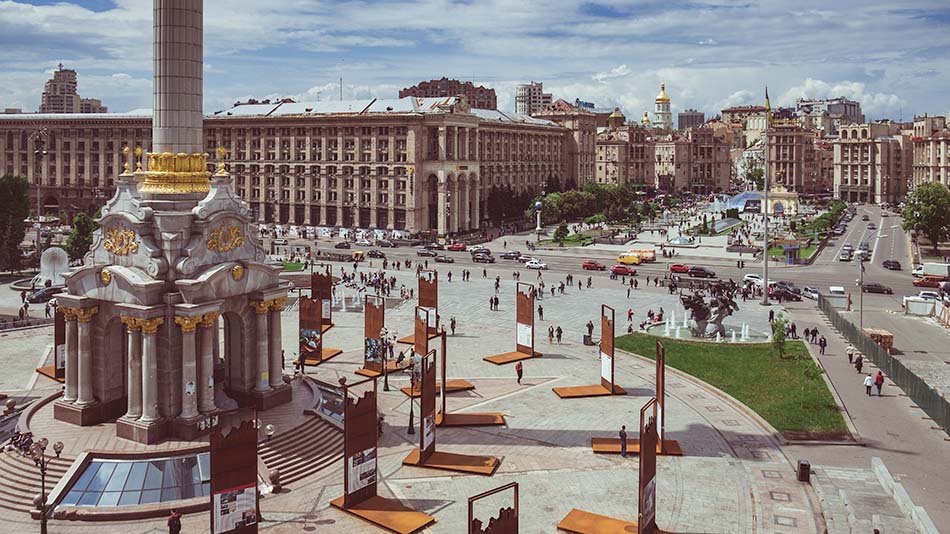
He says that throughout Eastern Europe, a Russian presence may cause a different reaction, however, being in the UK refrains him from being as connected. “Maybe, the further we are from the conflict, the less emotionally connected to the conflict, which also applies to me,” he said.
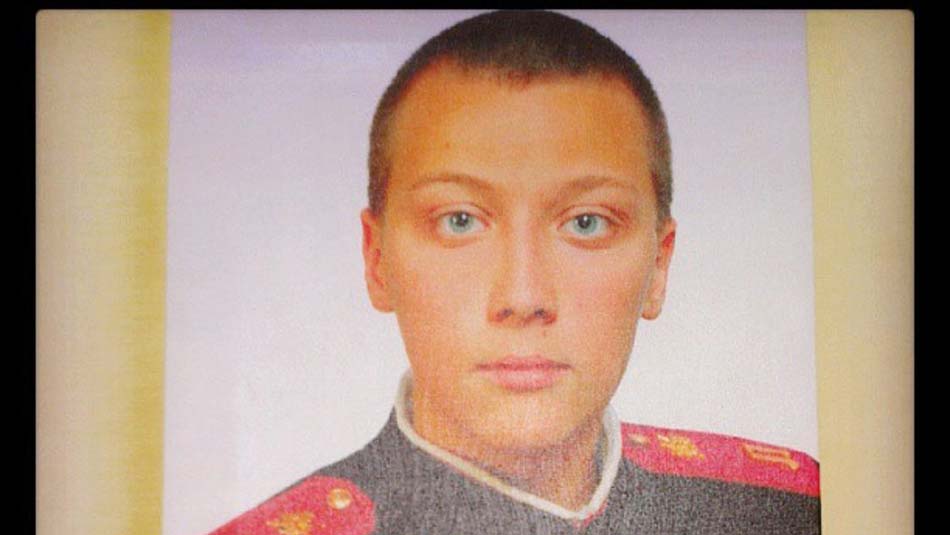
Dmytro holds his Russian neighbours dearly. He expresses his affection for them as deeply as he describes his disdain for Vladimir Putin. However, he has no time for those who support the aggression against Ukraine.
“If a person thinks the invasion of Ukraine is a reasonable decision, I don’t see this person as an educated and well-thought person. I don’t see a reason to talk to him or her because for me, this is just not a smart person.”
As The Russian military inches into Kiev and citizens are armed with rifles, Roman’s life away from his country of birth may mean he is not as emotionally invested. Dmytro has no such luxury. As the conflict escalates, he watches from afar.
